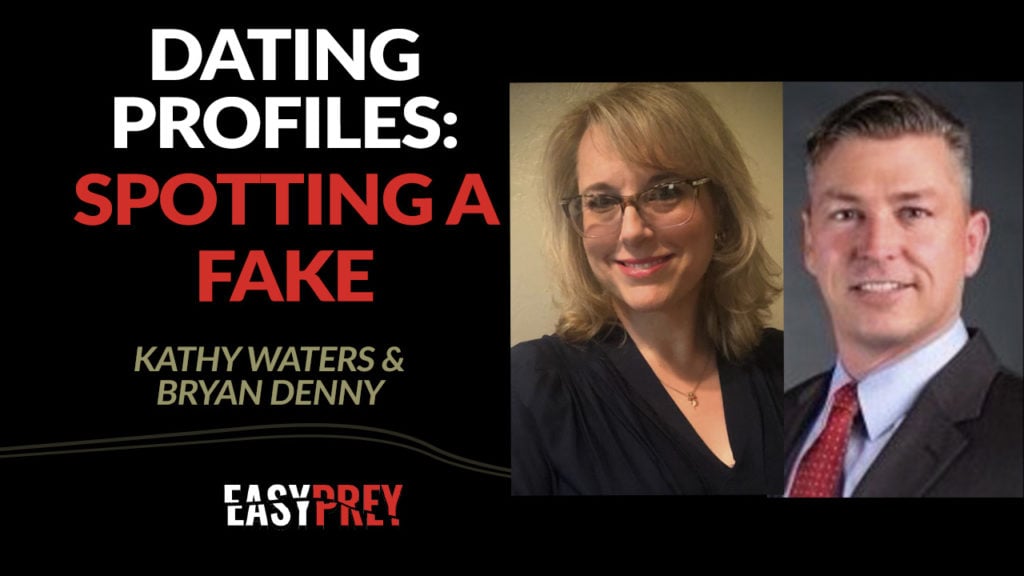Protecting Your Heart and Wallet from Fake Soldiers Online Military romance scams are on the rise as more people turn to online dating sites and social media to find love. But some predators are looking to take advantage through fake profiles and stories. Learn the subtle signs that could reveal a scammer’s true intent before you get hurt.
Payments are a Red Flag
Real soldiers stationed overseas have all of their needs provided for and are paid enough to cover personal expenses. Any request for money should be an immediate red flag, whether it’s for communication fees, travel costs, or bills back home. Legitimate military personnel have no reason to ask civilians for financial assistance. Be especially wary of requests to wire money or pay through services like Western Union, as those transfers cannot be reversed if you discover it’s a scam.

Verify Their Identity Beyond Photos
Stolen or fake photos are easily obtained online, so don’t assume the person you’re talking to matches the pictures they share. Request a video chat or ask them to send a photo of themselves holding a piece of paper with your name written on it as proof the images are really of them. Authentic military email addresses also end in .mil rather than Gmail or other commercial providers. If they claim to be away on assignment but cannot share verifiable proof of identity, you likely don’t know who you’re dealing with.
Check Details Against Reality
Scammers often rely on targeting emotions by sharing tragic backstories, but their tales often contradict real-world military protocols and processes. Do some fact checking online around topics like deployment lengths, communication access in war zones, procedures for emergency leave, and military pay and benefits. If key details of their service don’t align with openly available information, it’s a strong sign you’re being deceived. Don’t be afraid to politely question discrepancies.
Beware of Inconsistent Location Details
Legitimate soldiers have assignments to specific bases or units, not vague regions, and can discuss living arrangements like housing on or near those facilities. Fantastical or contradictory information about where they’re stationed raises red flags. If they claim deployments in unstable areas but can’t name a specific base location they operate from, be skeptical. Military personnel also have consistent forms of communication available regardless of duty station for verifying identity with family back home.
Take Time to Verify Before Getting Emotional
Romance scammers are manipulative and know how to gain trust slowly over weeks or months. Resist the urge to get swept up in flattery or plans for an in-person meeting until you’ve had enough real interactions and verified key facts about who they say they are. Criminals often keep details vague to avoid getting caught in lies, so move cautiously and don’t share personal details or send money based only on charming words. Protecting your personal safety and finances should be a top priority before getting emotionally invested online.
Trust Your Gut If Something Feels “Off”
While it’s possible to find love online, approaching new virtual relationships with healthy skepticism is important. If early interactions leave you feeling confused, rushed or pressured to ignore doubts, that’s a sign to slow down and investigate further before sharing private information or making commitments. Pay attention to subtle inconsistencies or things that don’t add up properly. Scam artists depend on emotion clouding good judgment - so listen to your intuition if logic tells you something isn’t right about the person you’re talking to online.
The Bottom Line: Verify, Verify, Verify
Avoid being a victim of military romance scams requires diligence. Taking the time upfront to verify key facts about who someone claims to be through multiple methods protects both your heart and wallet in the long run. Only share personal details or meet in person once you have solid proof of identity matching the military branch and duty details shared. With awareness and caution, finding love online can be safe - but scammers are out there, so protect yourself by verifying thoroughly before getting too invested in an online stranger’s story or promises.

/GettyImages-619422774-5898a6c73df78caebc595ec7.jpg) A Visitor's Guide to Exploring Berlin
A Visitor's Guide to Exploring Berlin